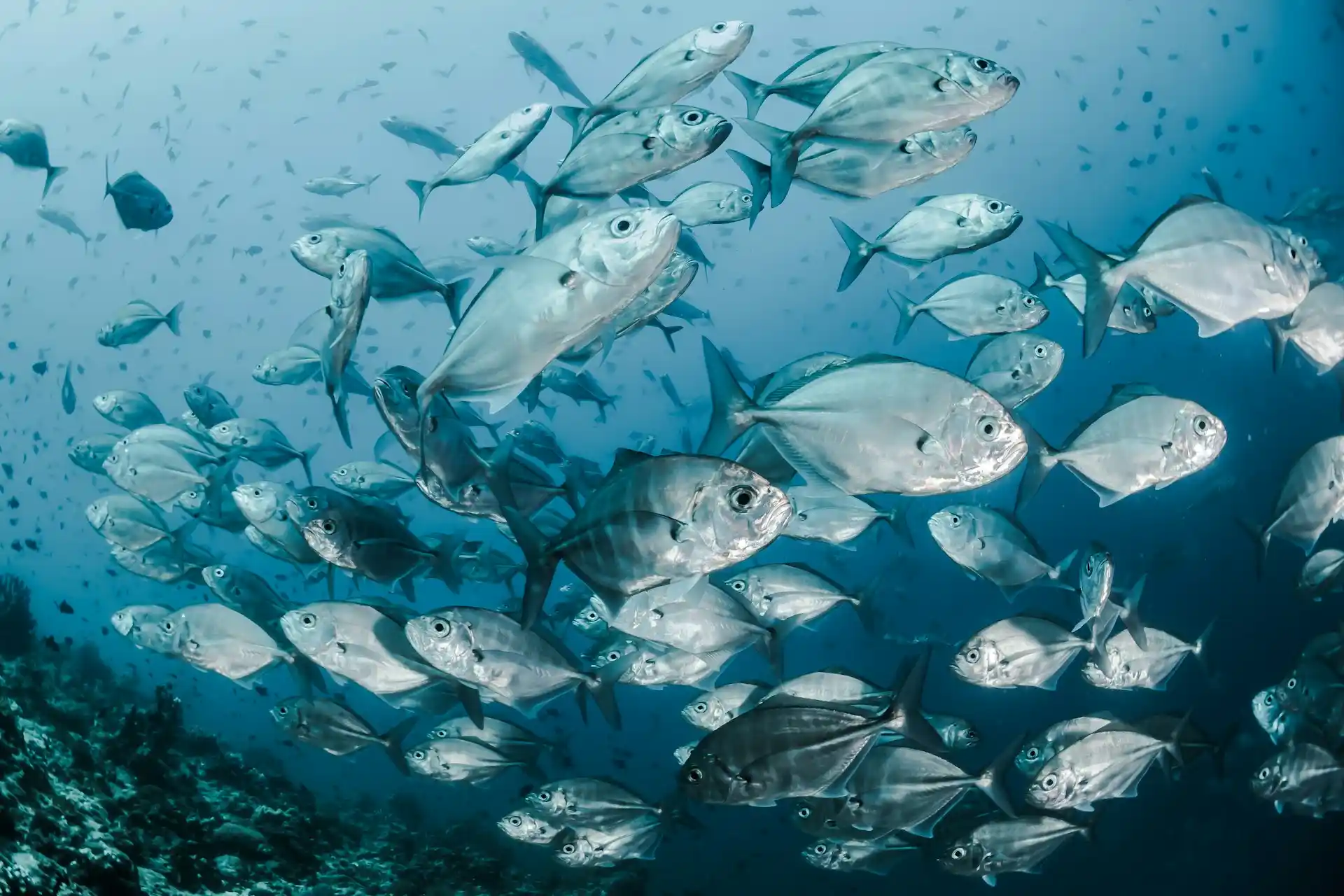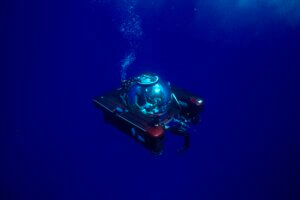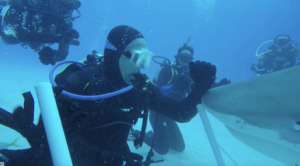Blue Economy and Ocean Conservation
Our oceans cover more than 70% of Earth’s surface they regulate climate, feed billions, and power the global economy. But unsustainable practices threaten this lifeline. The Blue Economy and Ocean Conservation offer a clear path to balance economic growth with healthy seas.
In this comprehensive guide, we’ll explore what these concepts mean, why they matter, and how you through your actions, choices, and advocacy can be part of this vital movement.
What is the Blue Economy?
The Blue Economy refers to the sustainable use of ocean resources for economic growth, improved livelihoods, and jobs, while preserving the health of ocean ecosystems. It includes sectors like fisheries, renewable energy, maritime transport, coastal tourism, and marine biotechnology.
According to the World Bank, the Blue Economy emphasizes inclusive economic growth that ensures benefits reach coastal communities while safeguarding marine biodiversity.
What is Ocean Conservation?
Ocean Conservation is the active protection, preservation, and sustainable management of ocean ecosystems. It tackles threats like pollution, overfishing, habitat destruction, and climate change impacts like ocean acidification and rising sea levels.
Together, the Blue Economy and Ocean Conservation ensure that ocean resources are used responsibly, guaranteeing a healthy ocean for generations to come.
Why Do the Blue Economy and Ocean Conservation Matter?
- Food Security: Over 3 billion people rely on fish as a primary protein source.
- Economic Growth: Ocean-based industries generate over $3 trillion annually.
- Climate Regulation: Oceans absorb 30% of CO₂ emissions and regulate global temperatures.
- Biodiversity: Oceans are home to 80% of Earth’s living species.
Without Blue Economy and Ocean Conservation practices, these benefits could be lost.
Major Sectors of the Blue Economy
Sustainable Fisheries & Aquaculture
Overfishing threatens fish stocks worldwide. Sustainable fisheries manage harvests to ensure species can replenish naturally. Sustainable aquaculture farming fish and shellfish reduces pressure on wild populations.
Tip: Support certified sustainable seafood like MSC (Marine Stewardship Council) products.
Renewable Ocean Energy
Offshore wind farms, tidal energy, and wave energy projects are vital for decarbonization. They generate clean power while creating green jobs and reducing reliance on fossil fuels.
Countries like Denmark and the UK lead the way in offshore wind development practical models for expanding the Blue Economy sustainably.
Marine Biotechnology
The ocean is a treasure trove of bioresources. Marine organisms inspire new medicines, enzymes, and sustainable products. However, responsible bioprospecting ensures marine species are not over-exploited.
Coastal and Marine Tourism
Tourism provides income for millions but can damage fragile marine ecosystems if unmanaged. Eco-friendly tourism promotes conservation while benefiting local communities. Examples include responsible snorkeling, scuba diving, and marine reserves.
Did you know? Marine protected areas often boost fish populations and attract tourists a win-win for conservation and the local economy.
Maritime Transport and Ports
Shipping moves over 80% of global trade. Cleaner fuels, better waste management, and efficient port operations can dramatically reduce the industry’s environmental footprint.
Threats Facing Our Oceans
Despite its value, the ocean faces multiple threats:
- Plastic Pollution: 11 million metric tons of plastic enter the ocean yearly.
- Overfishing: 34% of global fish stocks are overexploited.
- Climate Change: Rising temperatures cause coral bleaching and sea level rise.
- Habitat Loss: Coastal development and destructive fishing damage habitats.
This is where Blue Economy and Ocean Conservation solutions come in.
Solutions for a Sustainable Blue Economy and Effective Ocean Conservation
Sustainable Fishing Regulations
Enforcing science-based catch limits, banning destructive gear like bottom trawls in sensitive areas, and cracking down on illegal fishing are crucial steps.
Expanding Marine Protected Areas (MPAs)
MPAs protect ecosystems while boosting fish stocks and supporting local tourism. As of 2025, only 8% of the ocean is protected far from the 30% target set by the Global Ocean Alliance.
Combating Plastic Pollution
- Switch to reusable products.
- Support bans on single-use plastics.
- Join local beach clean-ups.
Each small action helps achieve Blue Economy and Ocean Conservation goals.
Renewable Energy Transition
Investing in ocean renewables reduces carbon emissions and creates coastal jobs. Governments must incentivize green technology and innovation.
Research and Innovation
Continued ocean research is essential to understand species, ecosystems, and climate impacts. Citizen science, open data sharing, and collaboration among nations accelerate progress.
Practical Actions: How You Can Help
- Choose sustainable seafood.
- Reduce plastic use.
- Support eco-friendly businesses.
- Advocate for stronger ocean policies.
- Volunteer with ocean conservation groups.
- Educate others about the Blue Economy and Ocean Conservation.
How Businesses Can Lead in Blue Economy and Ocean Conservation
Businesses have a massive role to play:
- Develop circular economy models that minimize waste.
- Invest in sustainable supply chains.
- Offset carbon footprints with ocean restoration projects.
- Partner with conservation organizations to protect marine biodiversity.
How Coastal Communities Benefit
When done right, the Blue Economy and Ocean Conservation uplift coastal communities by:
- Creating stable jobs.
- Improving food security.
- Enhancing resilience to climate change.
- Preserving cultural heritage.
Community-led initiatives like locally managed marine areas (LMMAs) show how traditional knowledge and modern conservation work hand in hand.
Global Initiatives You Should Know
- UN Sustainable Development Goal 14: Life Below Water aims to conserve and sustainably use oceans, seas, and marine resources.
- Ocean Panel: 17 countries working to sustainably manage 100% of their national waters by 2025.
Blue Carbon Initiatives: Protecting mangroves, seagrasses, and salt marshes to store carbon and combat climate change.
The Blue Economy and Ocean Conservation aren’t just buzzwords they’re our blueprint for a livable future. From policy change to personal habits, every action counts.
Protecting our seas means securing food, jobs, climate stability, and life itself. Join the movement because when we protect the ocean, we protect ourselves.
FAQs
What is the difference between the Blue Economy and Ocean Conservation?
The Blue Economy focuses on sustainable economic growth using ocean resources, while Ocean Conservation protects marine ecosystems and biodiversity.
How does the Blue Economy help fight climate change?
It promotes renewable energy, sustainable fishing, and carbon storage through blue carbon ecosystems like mangroves.
What are examples of Blue Economy sectors?
Sustainable fisheries, marine renewable energy, eco-tourism, marine biotechnology, and green shipping.
How can I support Ocean Conservation?
Choose sustainable products, reduce plastic waste, support ocean-friendly policies, and volunteer for local clean-ups.
Why is Ocean Conservation important for coastal communities?
It ensures healthy fisheries, boosts eco-tourism, protects against climate impacts, and preserves cultural livelihoods.




